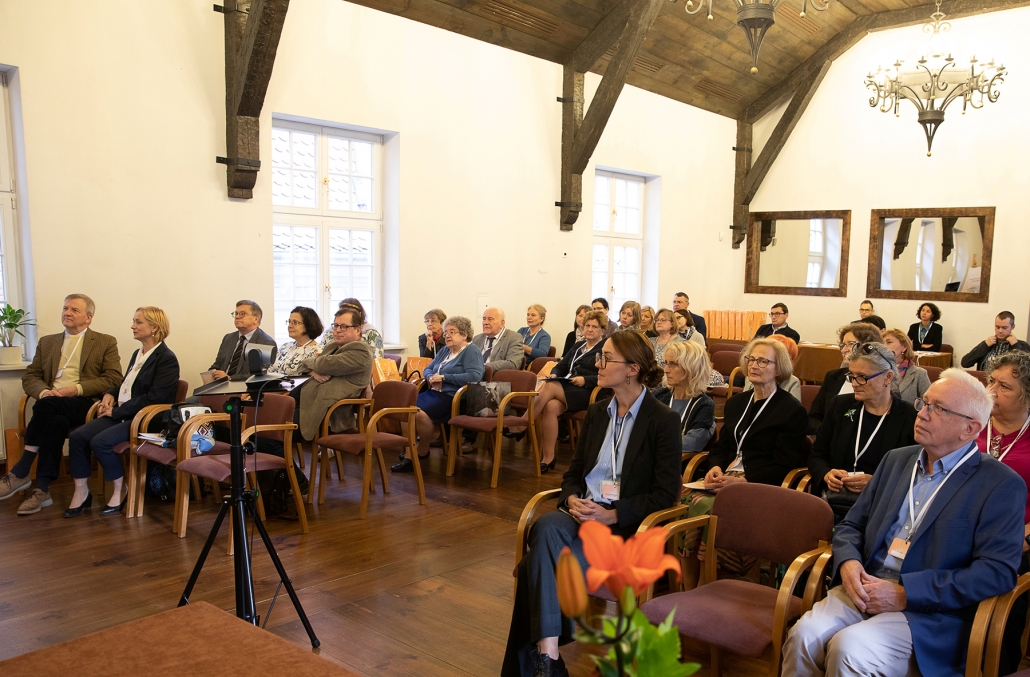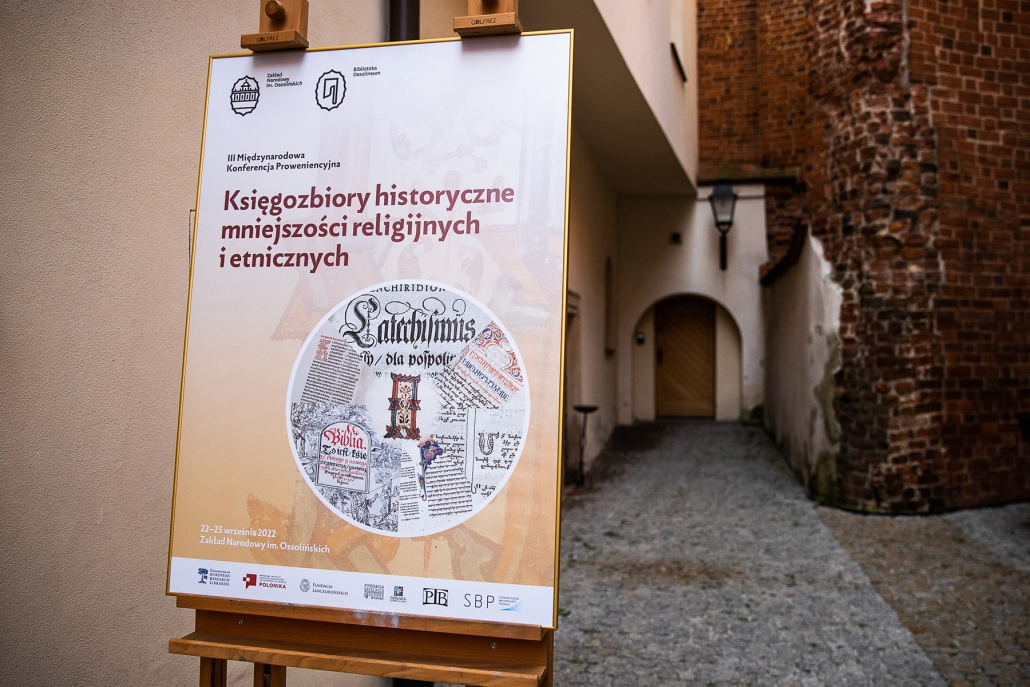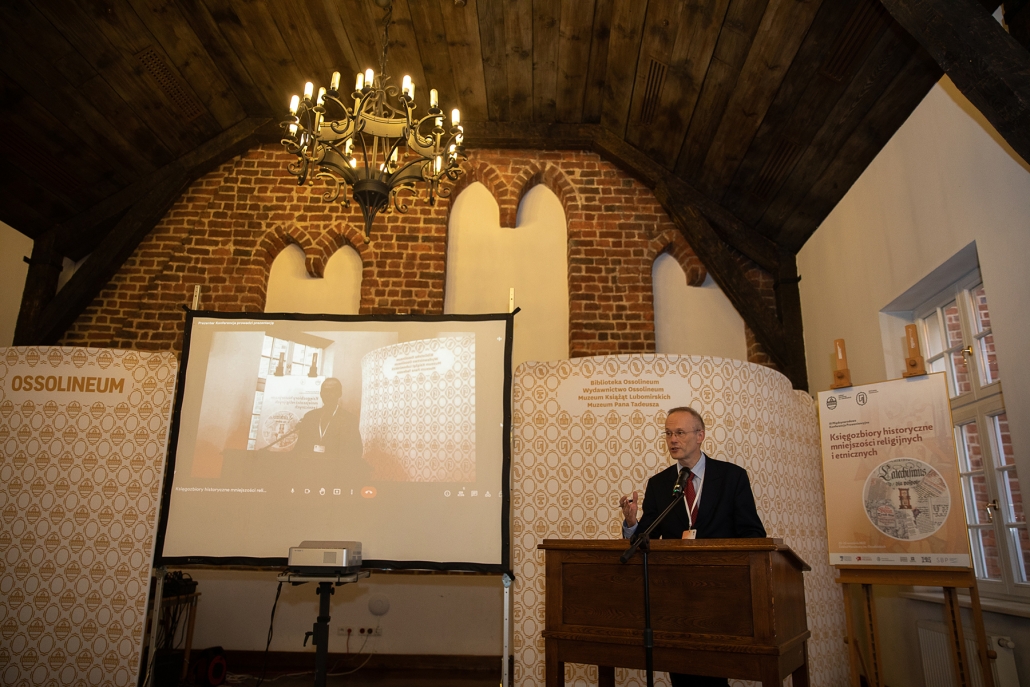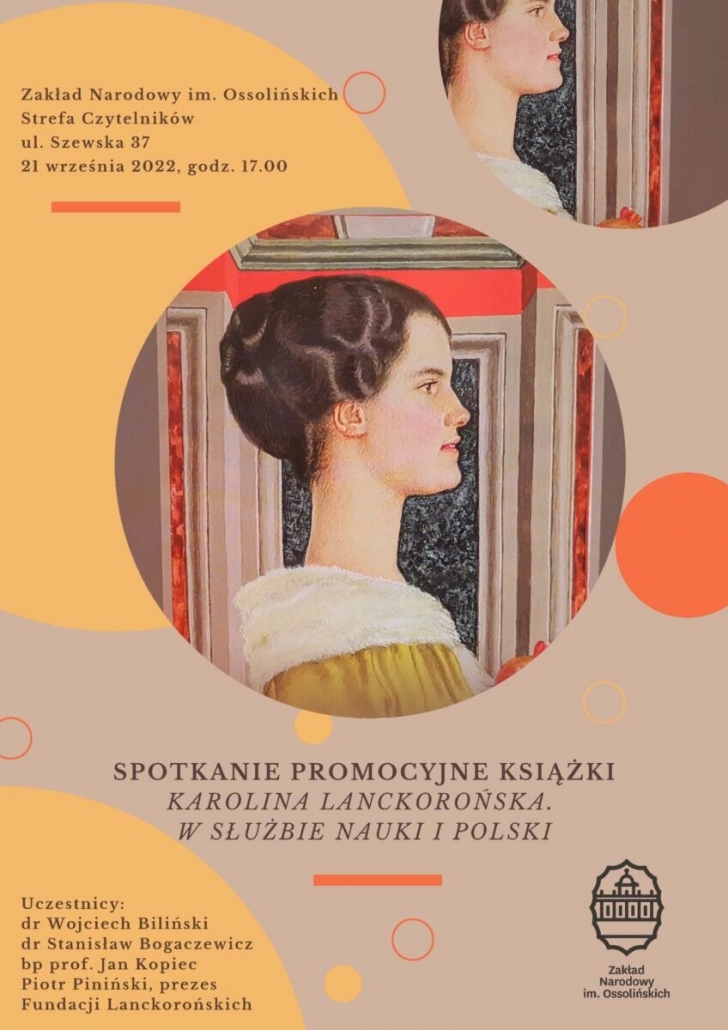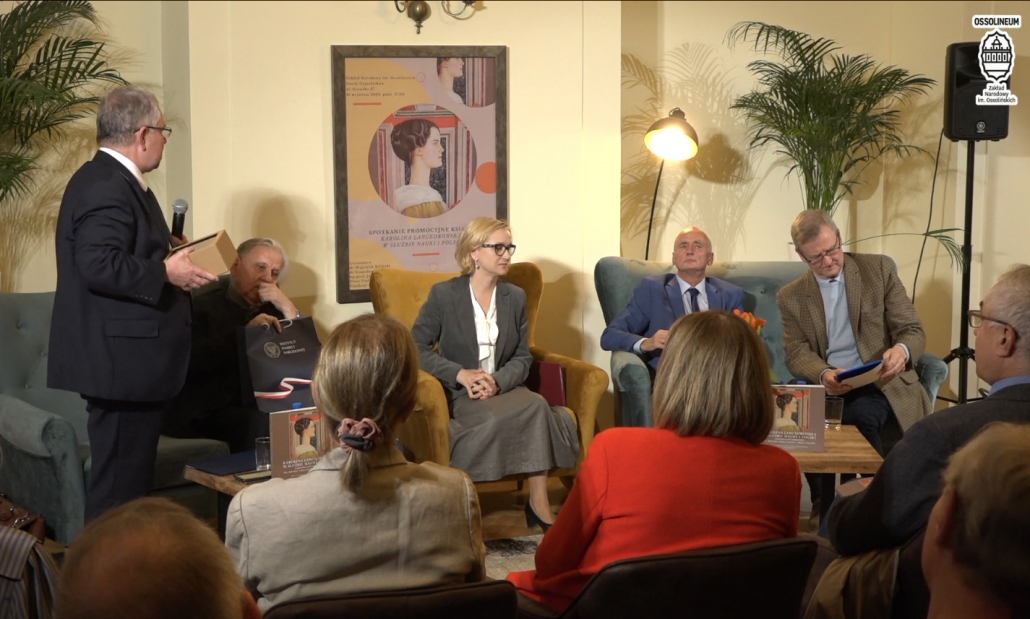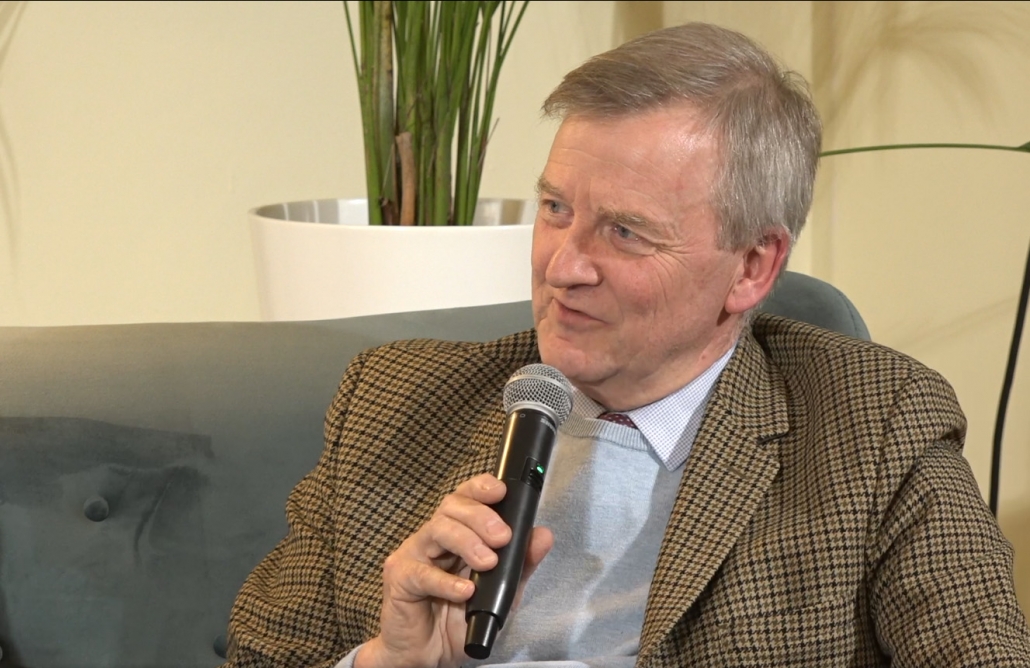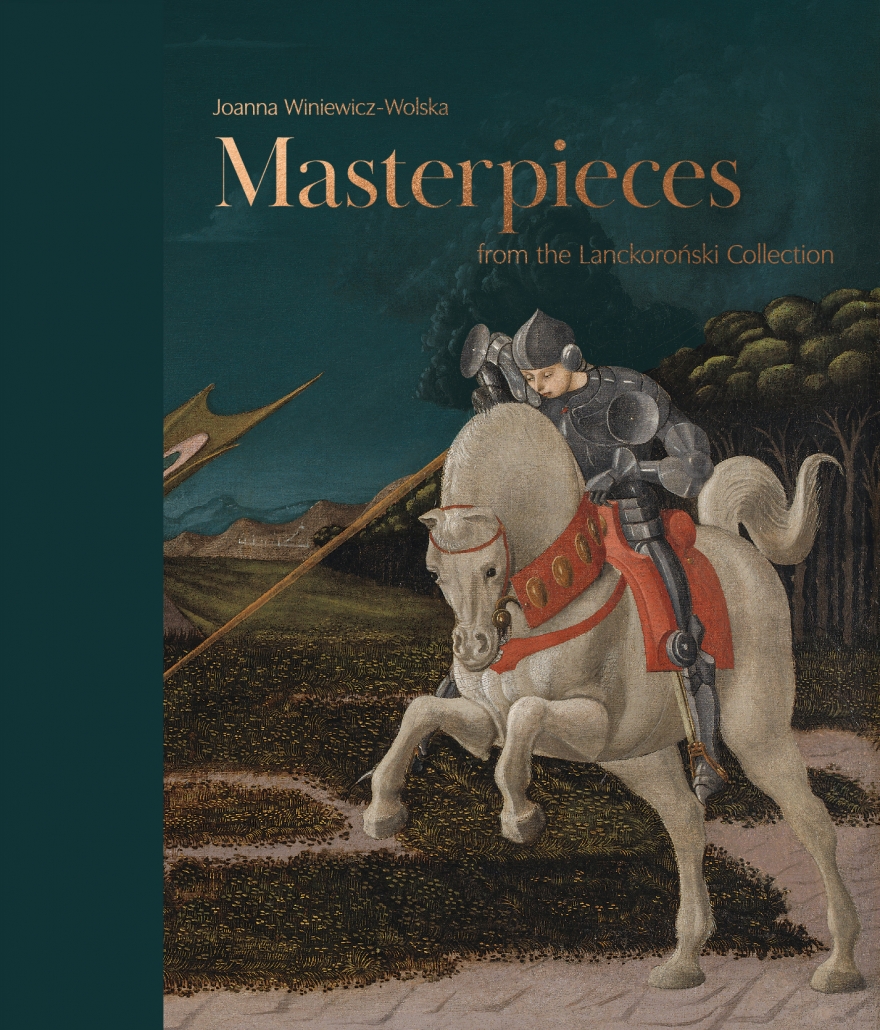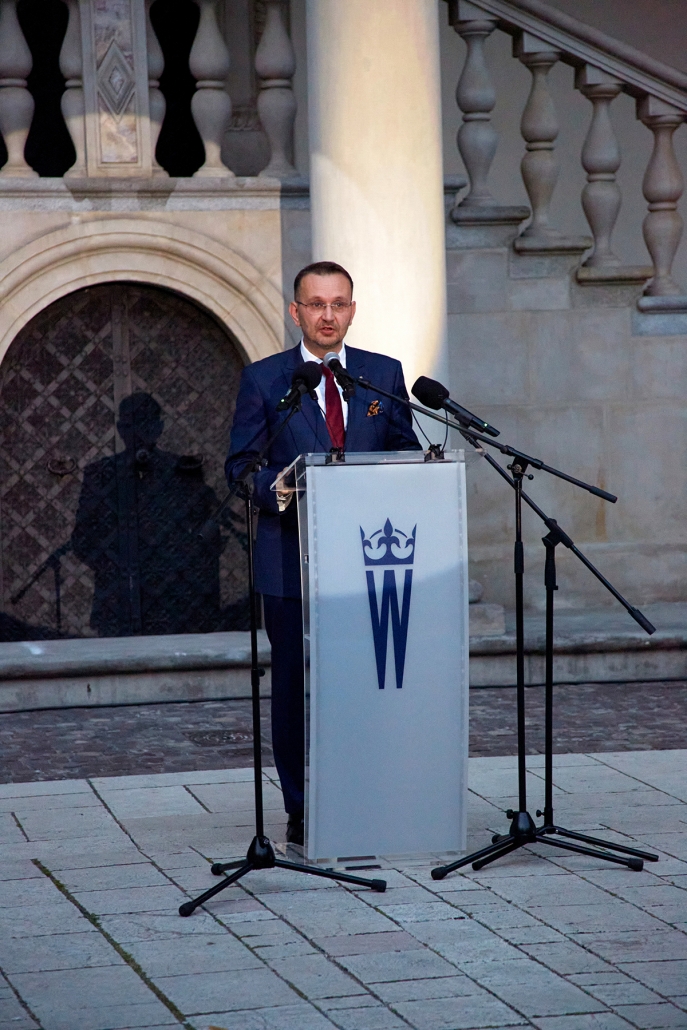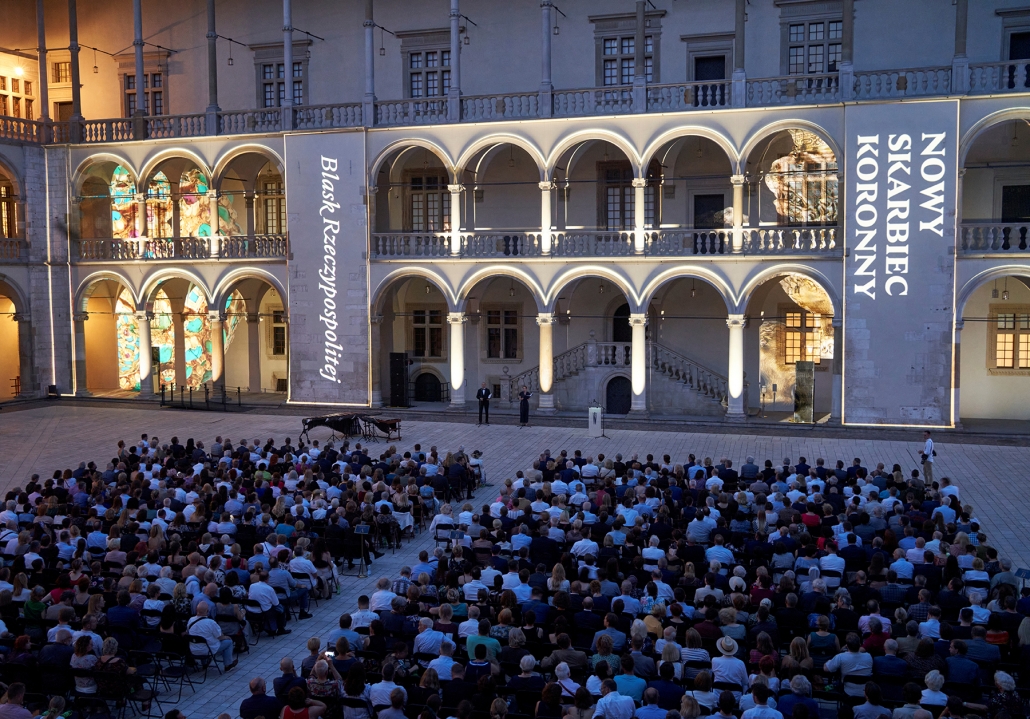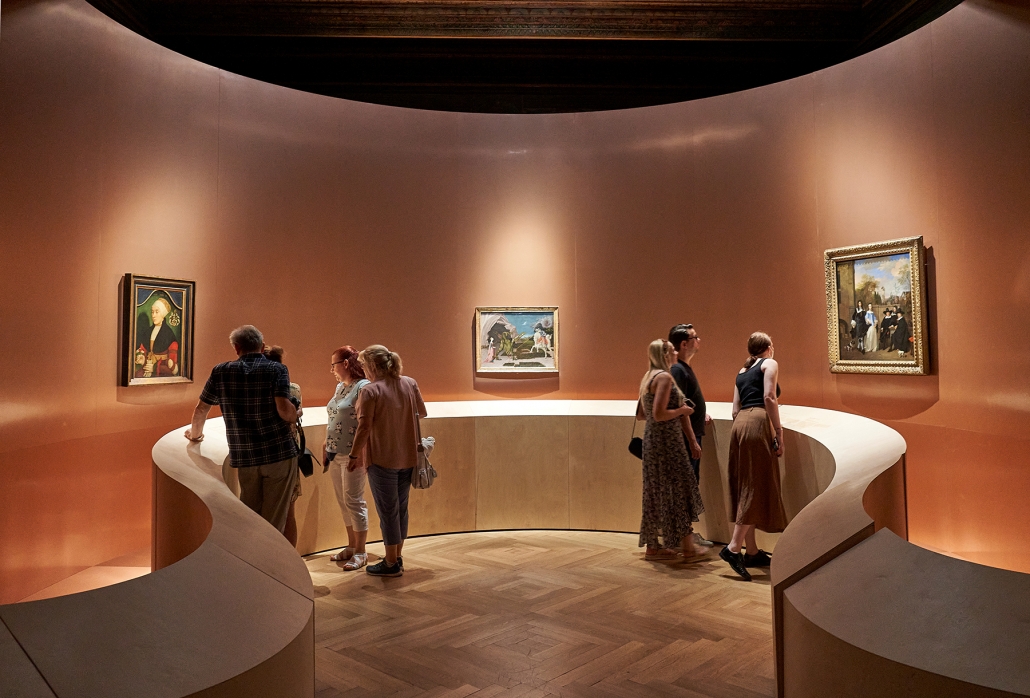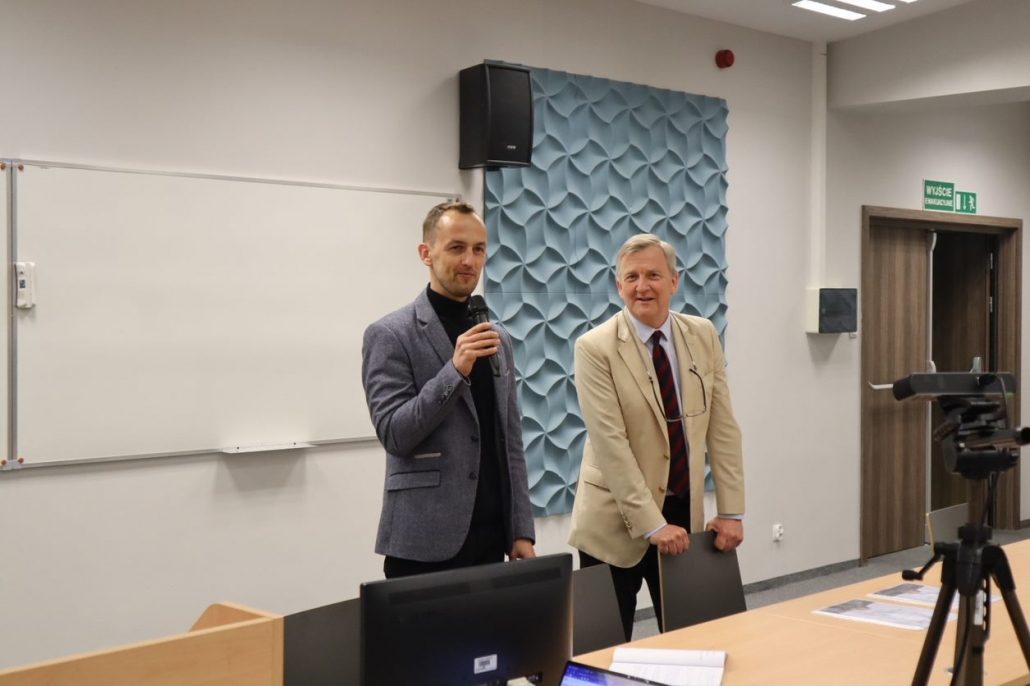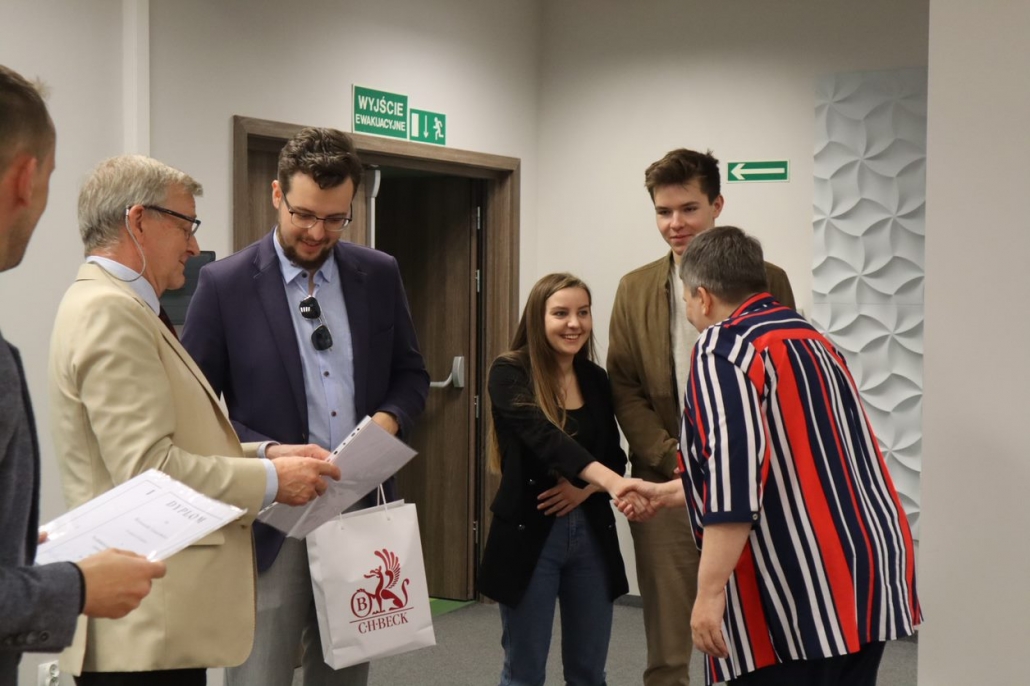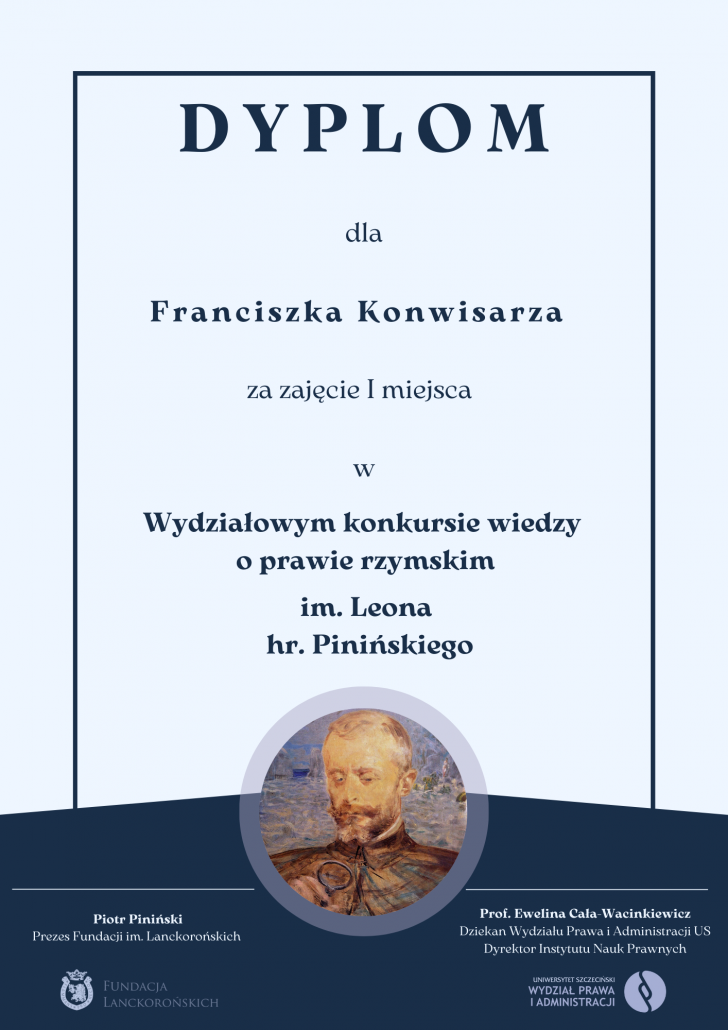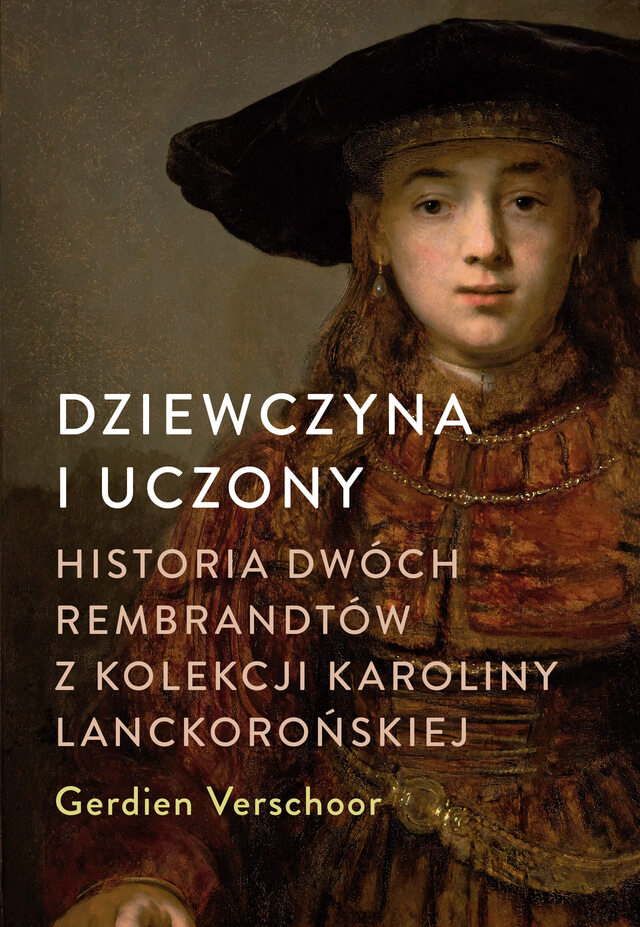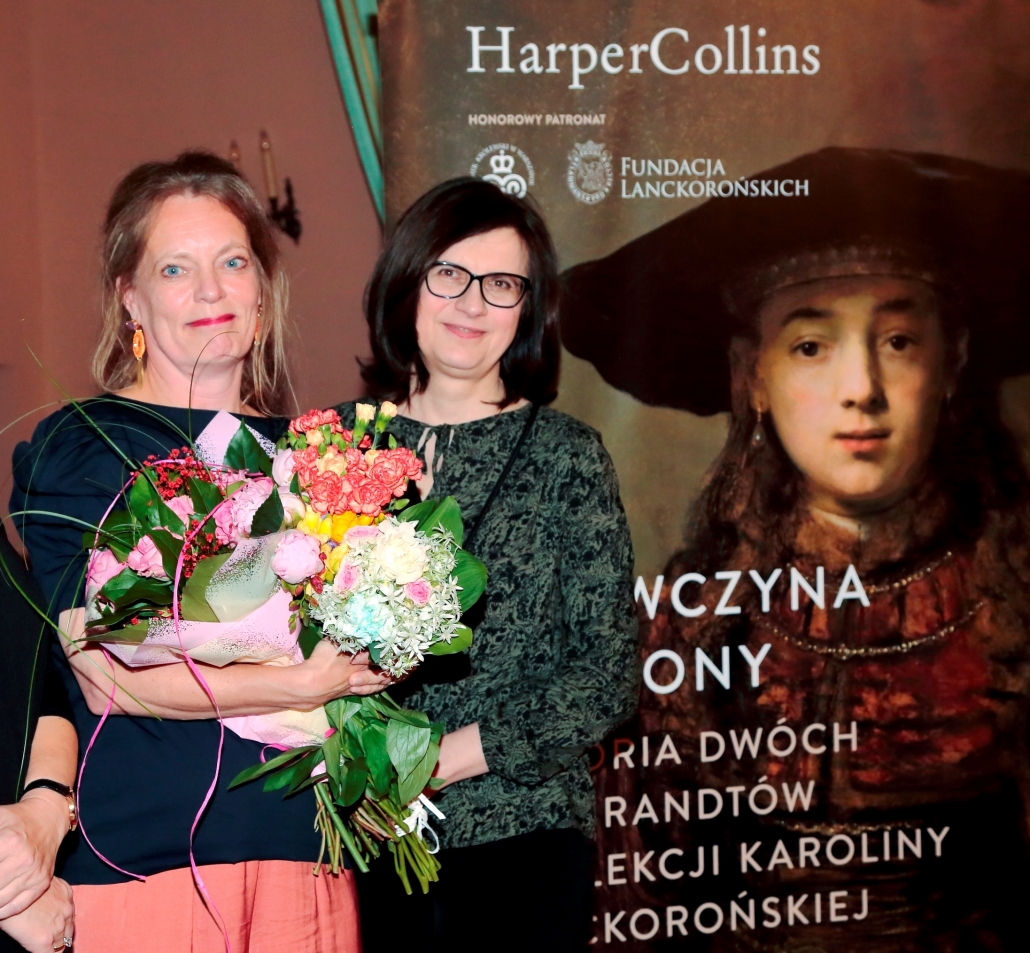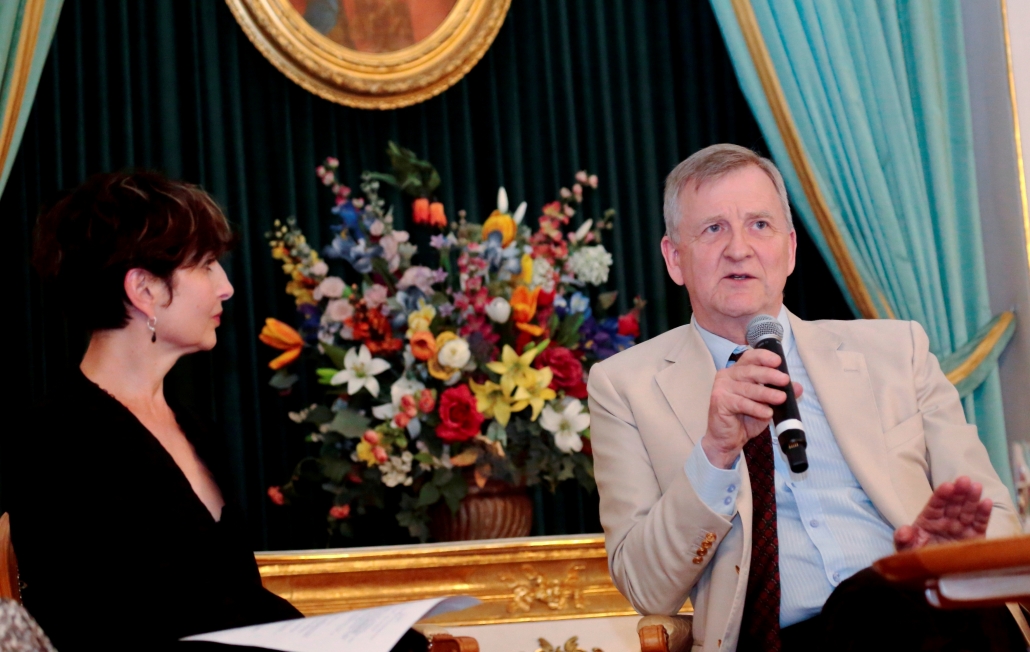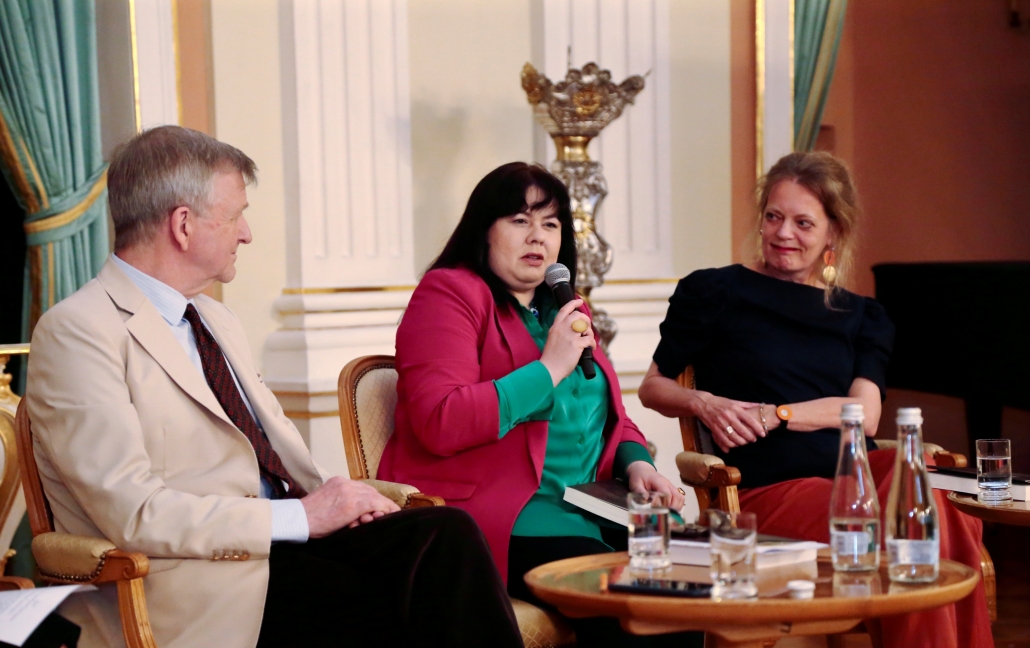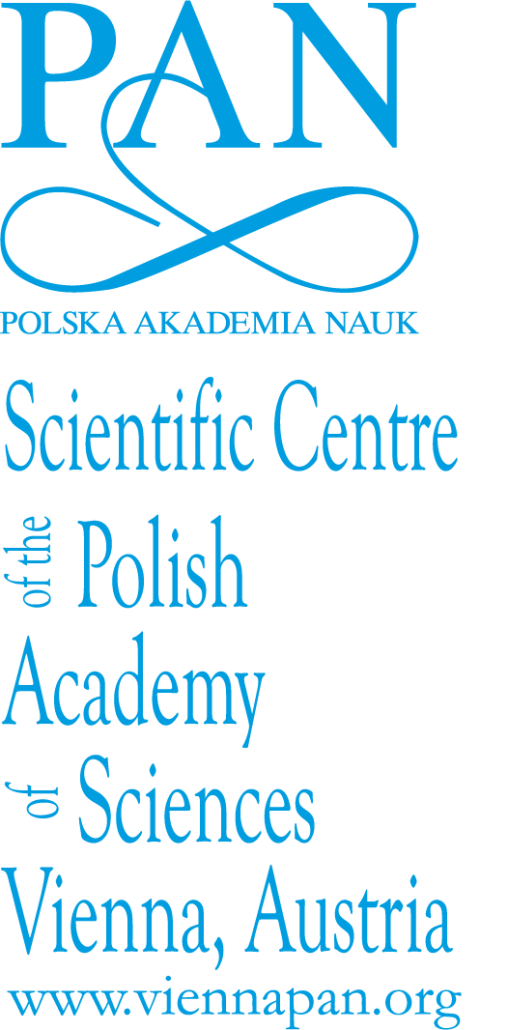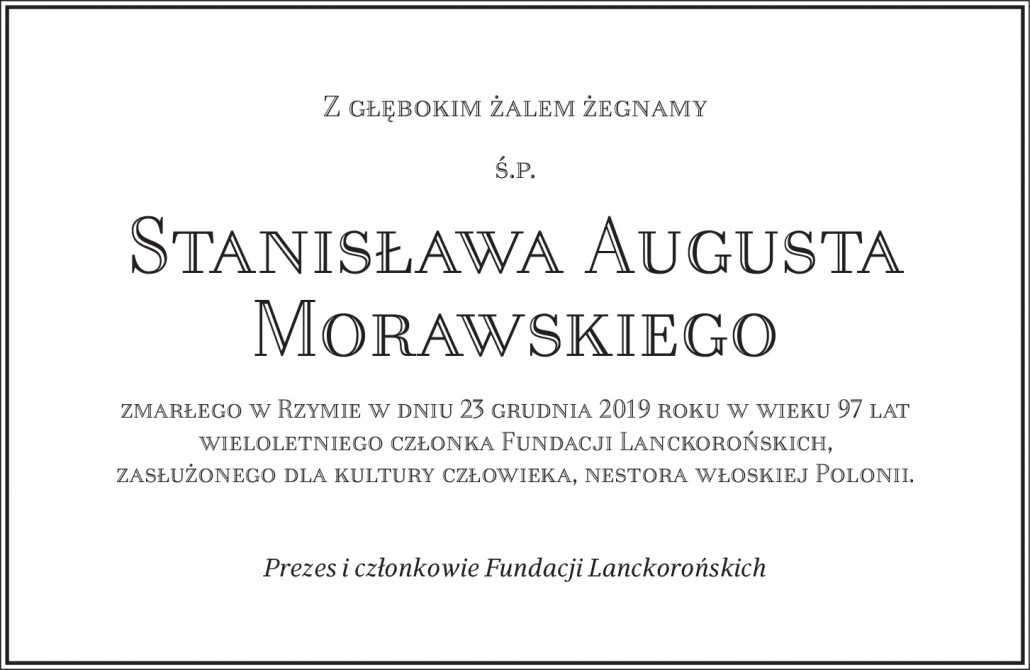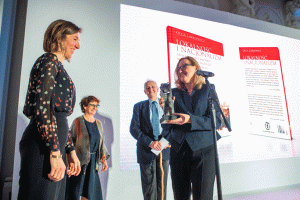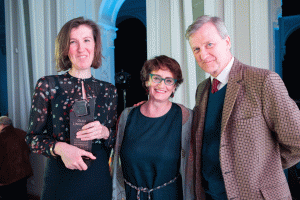With regard to the interview given by Władysław Teofil Bartoszewski in the weekly magazine ‘Wprost’ (no 41) dated 7-13 October 2019, as well as in the newspaper ‘Gazeta Polska’ of 9 October 2019, The Ciechanowiecki Collections Foundation, The Ciechanowiecki Foundation and The Lanckoronski Foundation, would like to publish the following declaration.
- In the interview Władysław Teofil Bartoszewski states that Andrzej Ciechanowiecki worked together with the Communist Secret Service (the ‘UB’ and the ‘SB’), and that when Władysław Bartoszewski senior discovered this fact he broke off relations with him.
- The above statements are not in accordance with the facts, are untrue and offensive to the memory of Andrzej Ciechanowiecki, and equally so to the good name of The Ciechanowiecki Collections Foundation at the Royal Castle in Warsaw which was founded by him on 8 October 1986 and over which he presided, to The Ciechanowiecki Foundation in London, and to The Lanckoronski Foundation with which he was for decades deeply engaged.
- At this point one should make plain the basic facts. For continuing his conspiratorial underground activities associated with the Polish Home Army (the ‘AK’) Andrzej Ciechanowiecki was arrested by the new communist authorities on 22 October 1950 and in 1952 was given a ten-year prison sentence. He was freed on 6 March 1956. He spent five years in the Rawicz and Wronki prisons. During this time agents of the communist Ministry of Public Safety tried to convince him to become an agent. Attempts also occurred in the years 1956-58 after Andrzej Ciechanowiecki had been freed.
- Such a charge of working as an agent can only by formulated by someone with no knowledge of the records preserved at the Institute for National Memory (the ‘IPN’) (partially available in the internet) and research work published by historians, or by someone who wants to discredit and compromise Andrzej Ciechanowiecki. From these sources even an amateur can easily conclude that Andrzej Ciechanowiecki, despite the obvious risk he was taking, played the authorities – as did many others. The entire dossier is a example of the fact that consistently and full awareness of what he was doing, he conducted a dialogue in such a way as to confuse, mislead and take advantage of the authorities for his own purposes. Andrzej Ciechanowiecki did not write reports and refused to inform. In only two or three superficial notes did he give information which was, in any case, publicly available. The nature of this dialogue irritated the authorities who, as a result, resigned from further attempts to elicit information from him. Today it is hard not to have the impression that these meetings made fools of the authorities, a fact formally noted in their reports by the agents themselves. If anyone fails to see this and draws different conclusions, then that can only be as an act of deliberate bad faith.
- Andrzej Ciechanowiecki, finding himself in this situation, took advantage of it to help save his fellow prisoners by, amongst other means, falsifying documents in the prison hospital records, which resulted in the temporary release of many of them. According to the statements of witnesses, it appears that only one person returned to prison from temporary release. That was what Andrzej Ciechanowiecki’s co-operation with the communist authorities looked like, and for which he suffered an additional prison sentence.
- Władysław Teofil Bartoszewski is not being truthful when claiming that his father, Władysław Bartoszewski senior, broke off relations with Andrzej Ciechanowiecki when he discovered about his past. In a letter to Andrzej Ciechanowiecki dated 13 January 2014 (written long after the court case referred to below was initiated by The Foundation), Władysław Bartoszewski senior wrote that he had read the work of Dr Wojciech Frazik entitled ‘An Emissary of Free Poland’, in which the author writes in detail about how Andrzej Ciechanowiecki played the authorities during his time in prison. Władysłąw Bartoszewski judged the book to be thorough and accurate, agreeing with the author’s approval of the way in which Andrzej Ciechanowiecki played the SB, and furthermore drew his attention to the dangers associated with ambiguous documents in the IPN. There was no question of breaking off relations with him. The matter was, however, unambiguous, and as Dr Wojciech Frazik concluded in a letter addressed to Andrzej Ciechanowiecki dated 28 January 2014: “The documents in the IPN, with which I am familiar in their entirety, relating to Andrzej Ciechanowiecki (IPN Kr 009/6870. IPN BU 0192/514, IPN BU 0259/596), and the testimony of Andrzej Ciechanowiecki as well as other former political prisoners, allows me to state once again – which I have otherwise already done in my book – that in opposition to the intentions of the security services Andrzej Ciechanowiecki not only did not act against the best interests of those imprisoned in the prisons of Rawicz and Wronki, but in fact did quite the opposite …”. In the light of this, Władysław Teofil Bartoszewski’s notion that Andrzej Ciechanowiecki should forfeit the Order of the White Eagle in completely baseless.
- At this point, as members of the above-named Foundations who for many years worked together with the Founder and were usually also his personal friends, we feel the need to again emphasize Andrzej Ciechanowiecki’s services to Polish culture. He was an exceptional historian of art and collector whose main aim in life was to help rebuild Poland’s museum collections after the Second World War, in particular those of the Royal Castle in Warsaw. For this purpose he dedicated his knowledge, experience and significant financial resources throughout many decades. He also helped young Poles to study in England, including Władysław Teofil Bartoszewski. Until the end of his life Andrzej Ciechanowiecki was committed to the protection and propagation of Poland’s national heritage and the above-named Foundations have the honour of continuing this mission.
- Władysław Teofil Bartoszewski’s defamatory statements must be seen in the context of recent interest shown in the media relating to the ongoing court case in which The Ciechanowiecki Collections Foundation is seeking the return of approximately 16 million Polish złoties as as well as certain works of art. To describe this case in the briefest possible way, it concerns Władysław Teofil Bartoszewski’s accountability with regard to the failure to return assets relating to agreements made with the Foundation Non Omnis Moriar, set up by Andrzej Ciechanowiecki, as well as with Andrzej Ciechanowiecki personally. These agreements permitted Władysław Teofil Bartoszewski to control the assets of the Foundation and Andrzej Ciechanowiecki with regard to pre-agreed and defined purposes. The Ciechanowiecki Collections Foundation, unlke Władysław Teofil Bartoszewski, will not make public statements about this case, but leave judgement to the courts, notwithstanding the fact that matters appear otherwise than Władysław Teofil Bartoszewski is attempting to portray them in his interviews and brief comments in the media.
- It is transparently obvious that the interviews and defamatory statements made by Władysław Teofil Bartoszewski are intended to discredit Andrzej Ciechanowiecki and give credibility to his role in the case brought against him by the Ciechanowiecki Collections Foundation. We do not hesitate in expressing the view that Władysław Teofil Bartoszewski’s intention is to influence an independent court and that this constitutes a very serious infringement of universally accepted standards, committed moreover by a public person.
We feel obliged to inform public opinion about the situation and circumstances and to declare emphatically that appropriate legal steps will be taken in the event of further examples of similar behaviour on the part of Władysław Teofil Bartoszewski.
The Ciechanowiecki Collections Foundation
The Ciechanowiecki Foundation, London
The Lanckoronski Foundation
The most relevant sources:
J.Woźniak, Droga do wolnej Polski, Wrocław 2011, s.102-104;
W.Frazik, Emisariusz Wolnej Polski. Biografia polityczna Wacława Felczaka (1916-1993) Kraków 2013; s.420-443;
A.Friszke, Między wojną a więzieniem 1945-1953. Młoda Inteligencja Katolicka, Warszawa 2014, s. 219-241.
Andrzej Ciechanowiecki’s correspondence given after his death to The Ciechanowiecki Collections Foundation.
